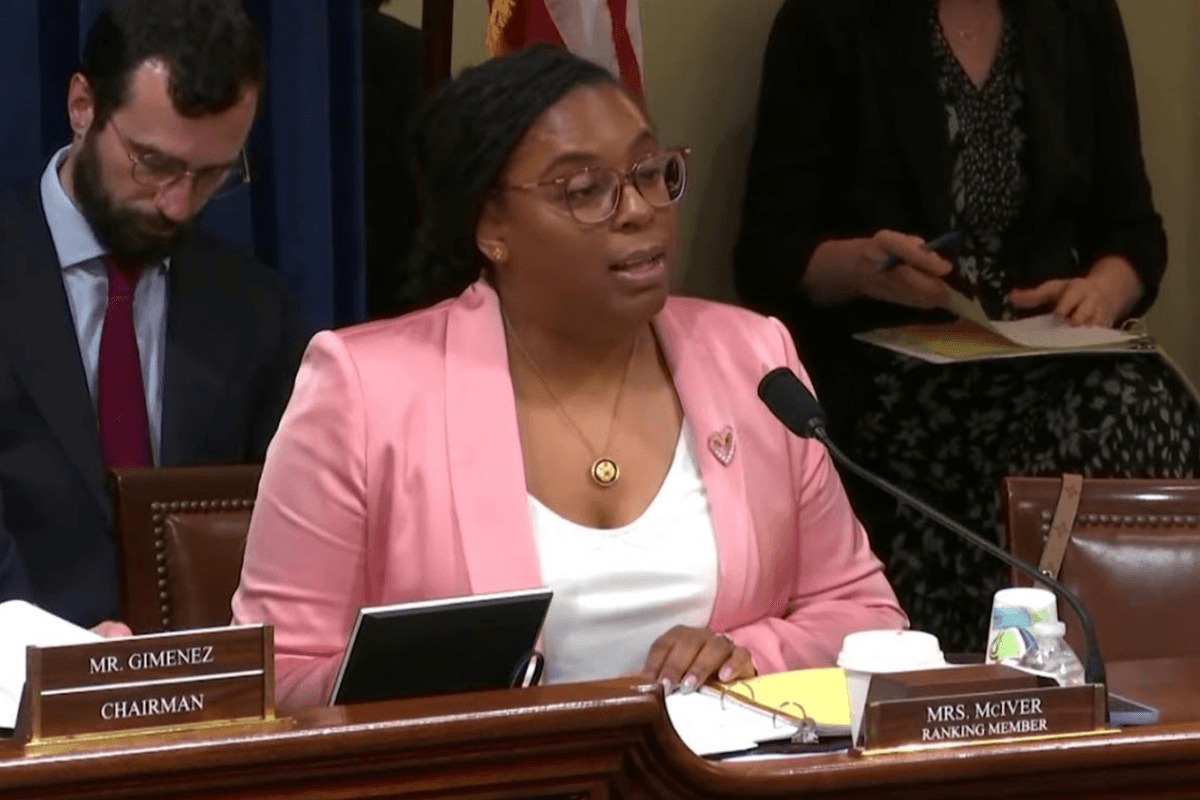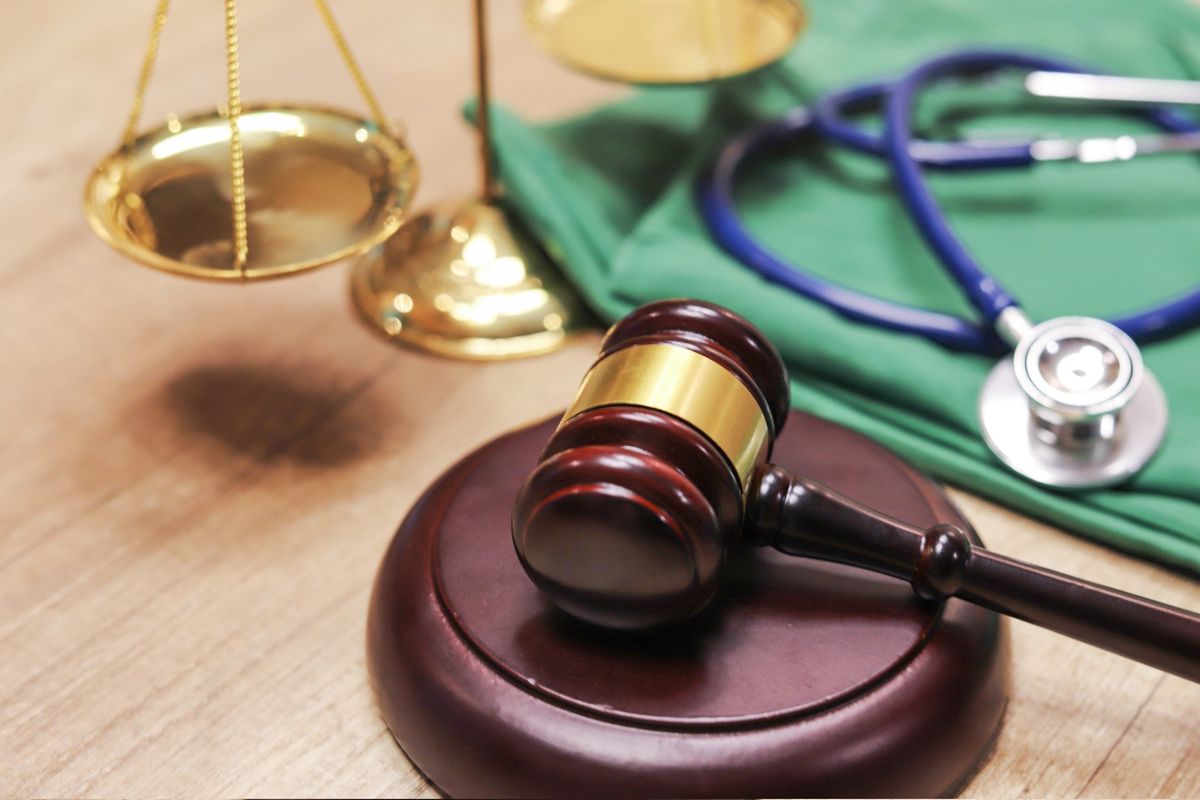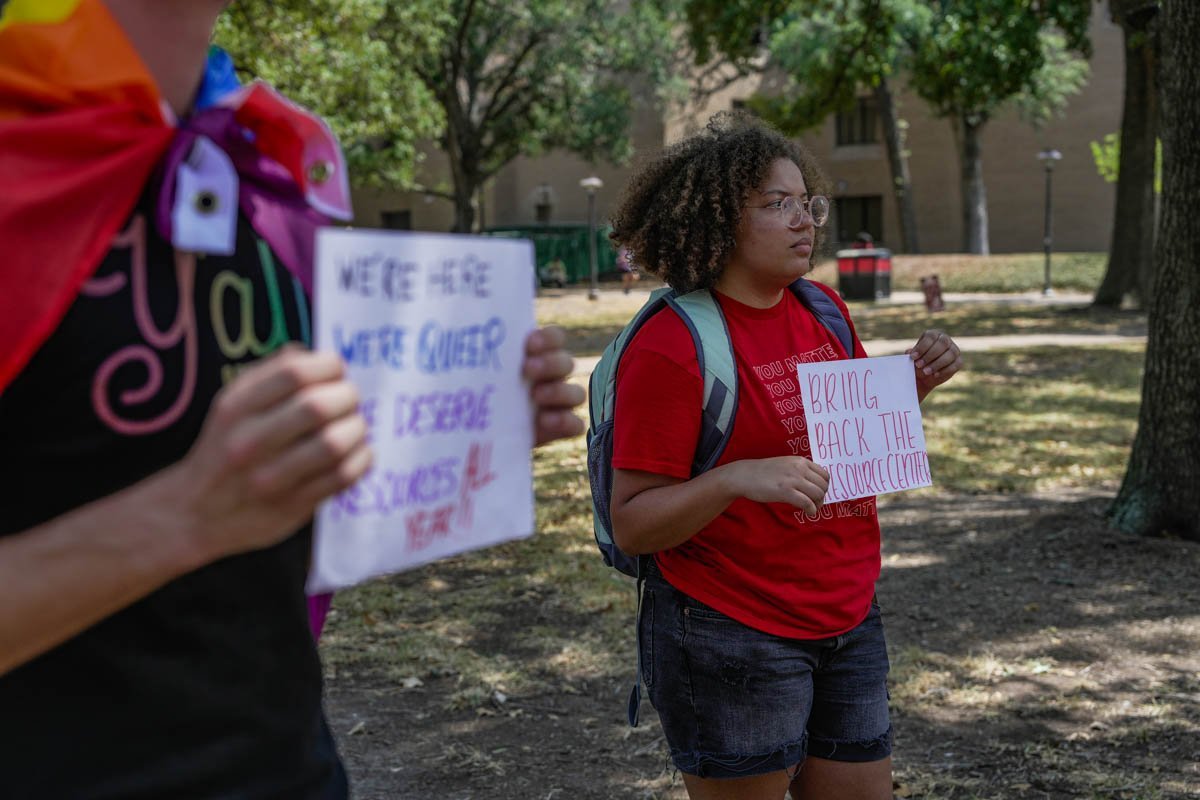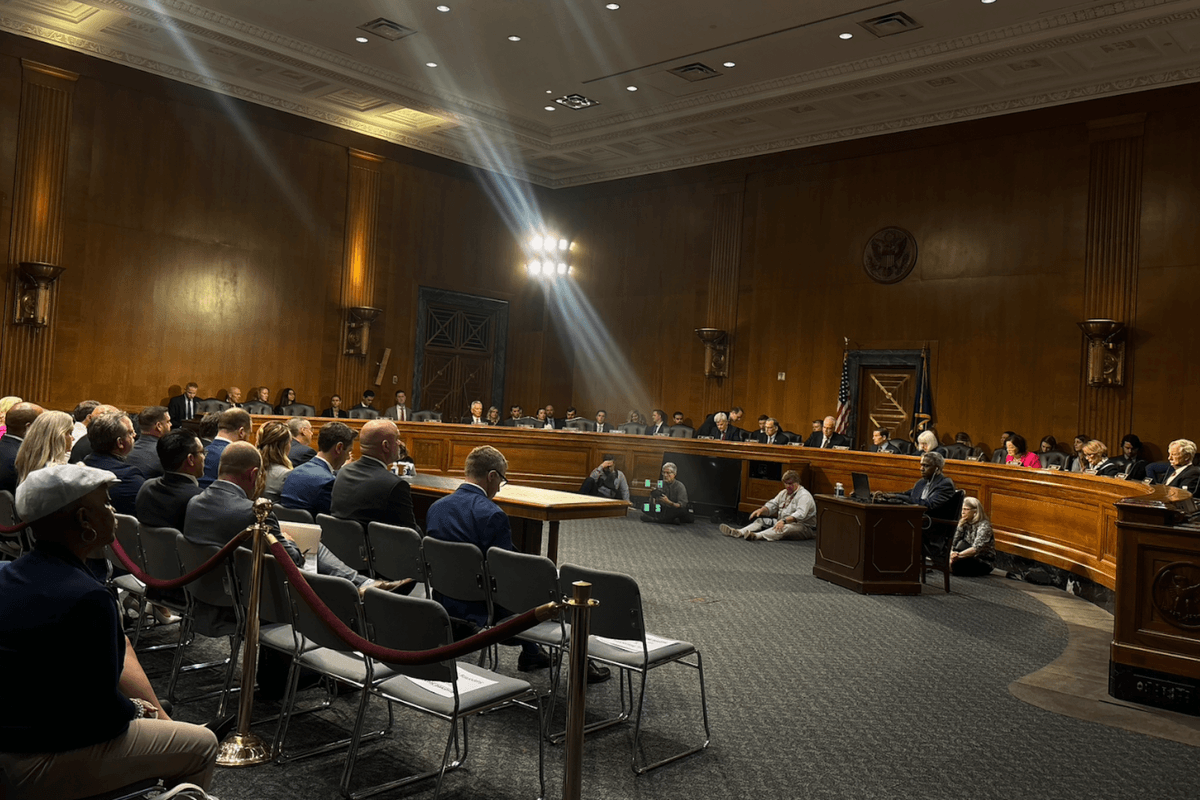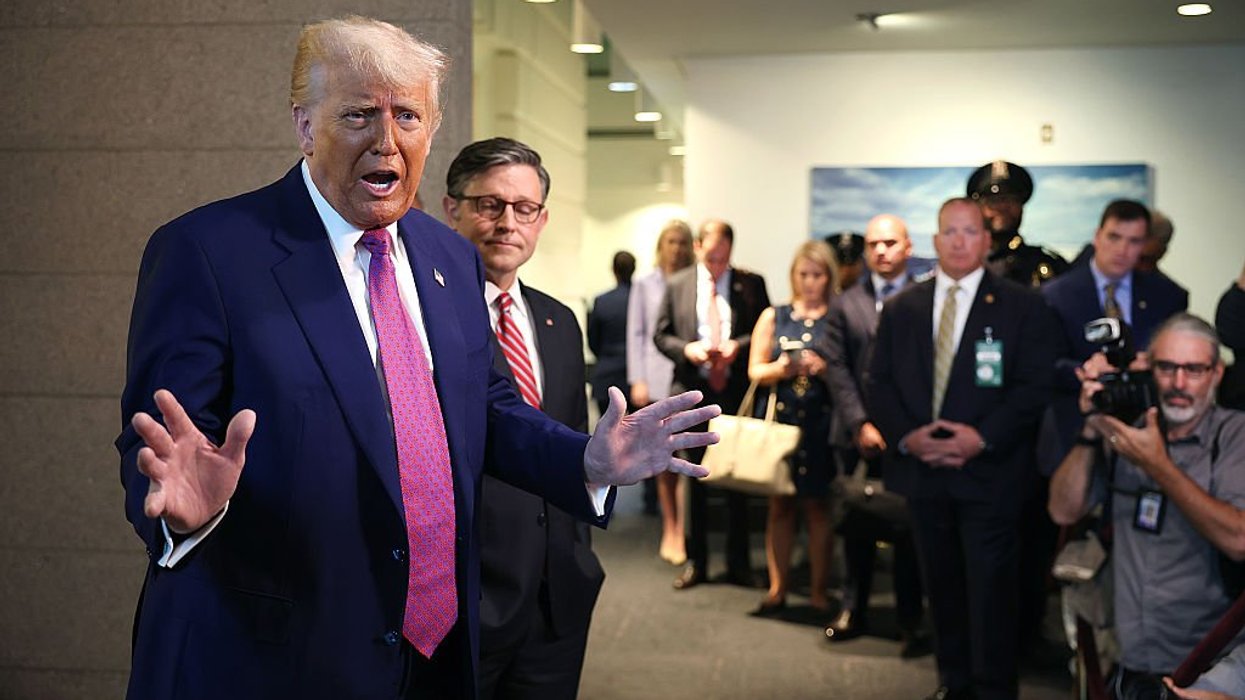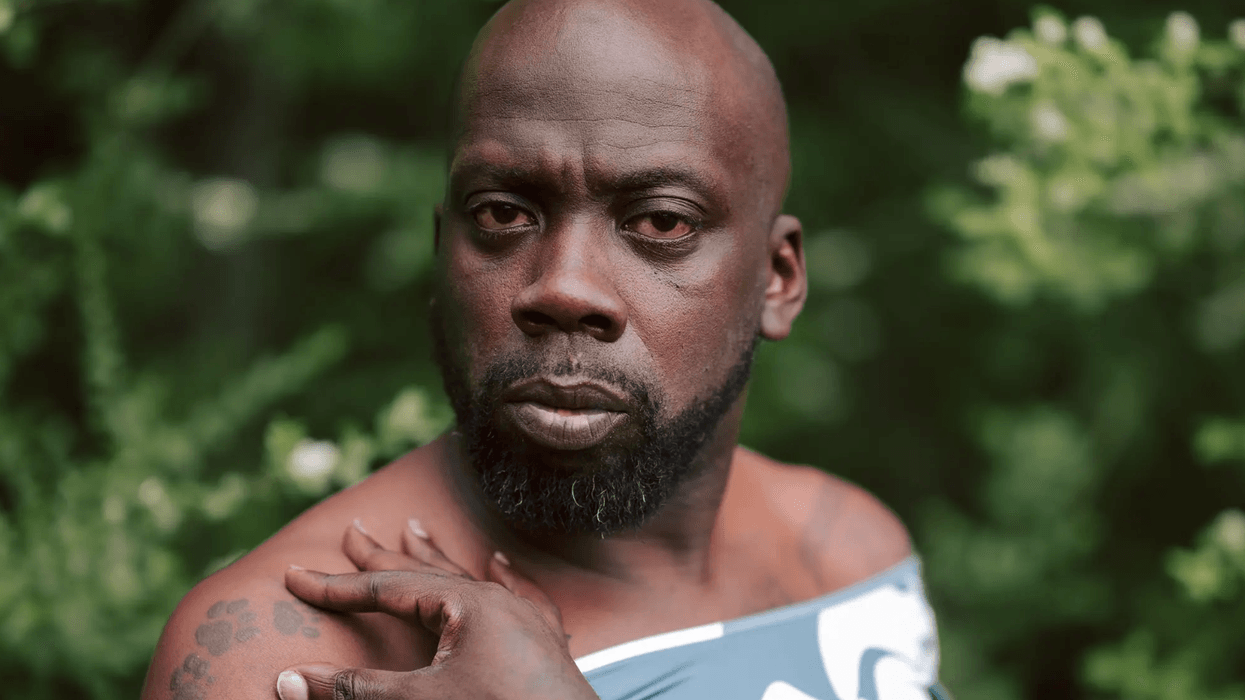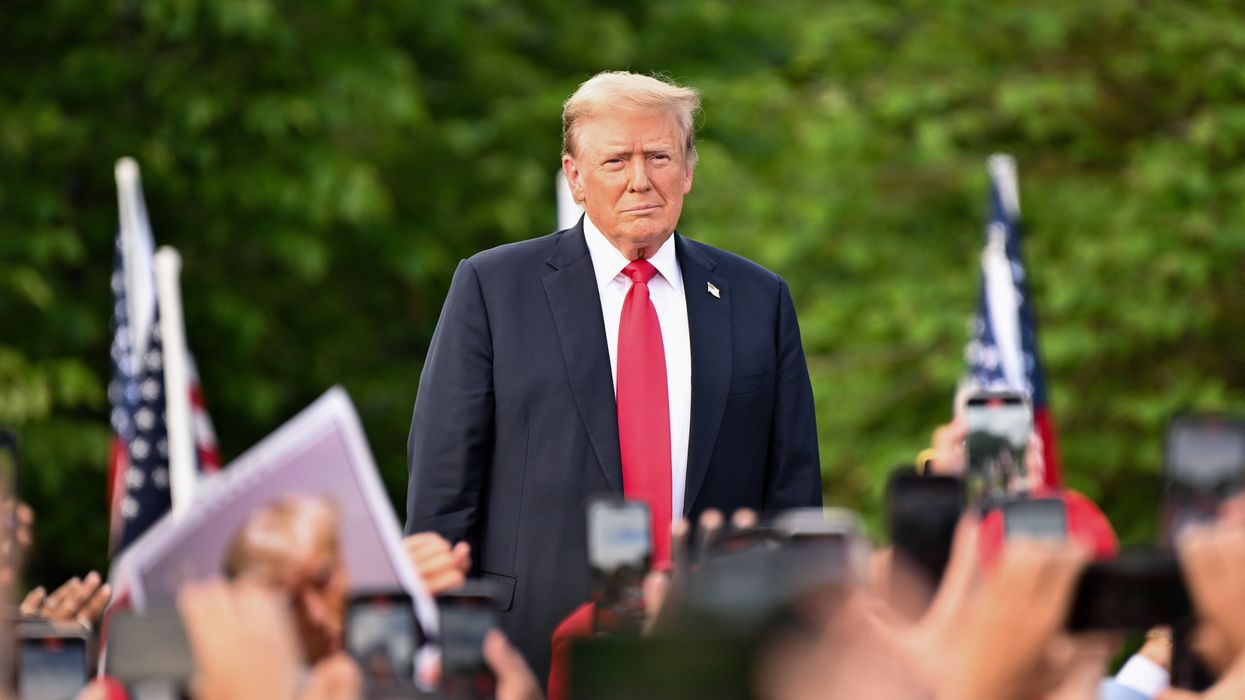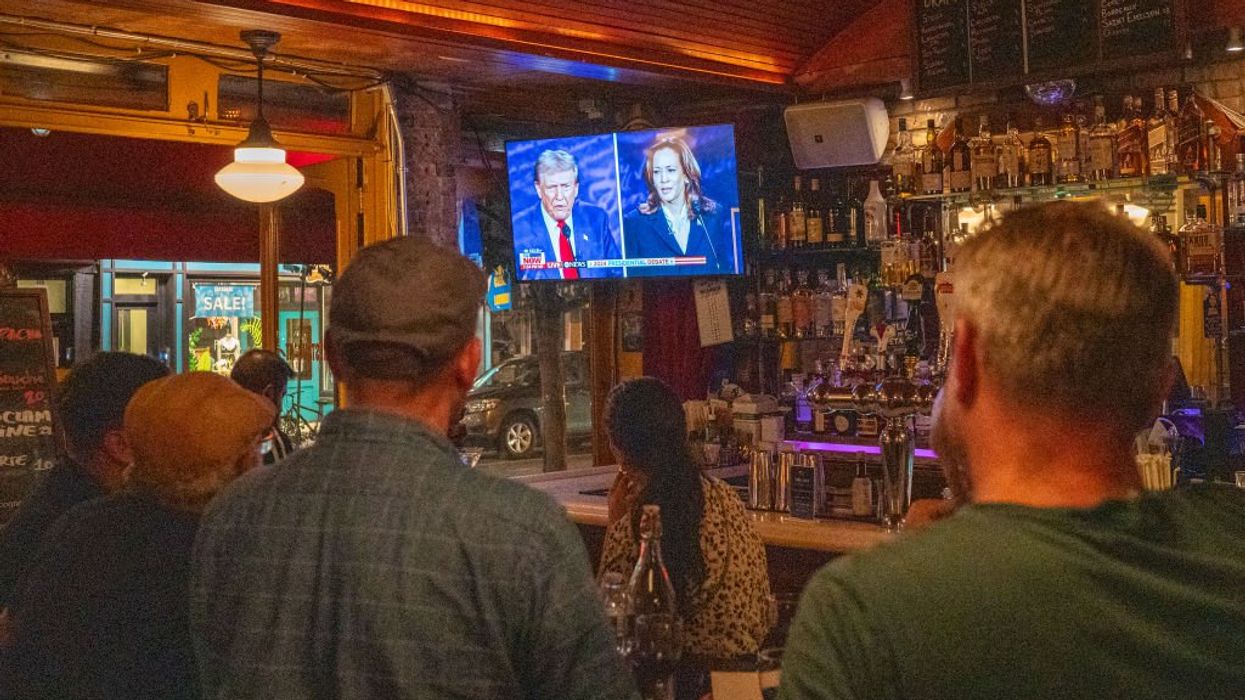A $288 Billion Dollar Proto-Presidency?
The 2024 presidential election saw Elon Musk spend over a quarter of a billion to elect President Trump, which is exactly $288 million according to The Washington Post report of the final tally of campaign spending on January 31, 2025. Did that staggering campaign contribution buy the billionaire the right to attend cabinet meetings and stand beside the President in the Oval Office and at other events? Did those millions buy a Proto-Presidency, complete with the opportunity to run a department aggressively dismantling government and radically changing what government does for ordinary Americans while personally benefiting from government contracts? Professor Lawrence Lessig argues that ‘Musk is the clearest example of the corrupting influence of money in politics.’ According to a recent PEW study, 72% of Americans agree that money is the number one corrupting influence in politics. So, what can be done? Are we too far down this road to make meaningful change, or are there options?
The Titanic (Our Democracy) is In Peril, but There is Hope.
Last month, Harvard Law Professor Lawrence Lessig returned to the Network for Responsible Public Policy to address political corruption and possible remedies. Opening with an ominous story, Lessig drew comparisons between the current state of our democracy and the sinking of the Titanic. With a significant gash in the hull, the captain of the Titanic knew that he must convince the passengers to get into lifeboats in the middle of the dark, freezing Atlantic Ocean. And, while that is, as Lessig describes, a terrifying picture, he sees a hopeful opportunity for constructive change to reform our Democracy, specifically, “the changes we need to make, to make our unrepresentative, representative democracy representative again.”
Sign up for The Fulcrum newsletter
After years of focus on intellectual property law, Lessig turned his focus to election reform, and in 2016, he founded Equal Citizens to fix democracy by establishing truly equal citizenship. Lessig has worked as an activist for election reform. Recently, in Maine, he has worked to limit contributions to independent political action committees, or super PACs. Getting this case in front of the U.S. Supreme Court would be a major win for election reform advocates. The Equal Citizens website (https://equalcitizens.us) calls this case ‘the lawsuit that could end Super PACs’.
Lessig cited the three issues at the core of election reform: money in politics, gerrymandering, and vote suppression. In the past decade, Congress has come close to important election reform laws twice. The 2019 For the People Act, a House bill proposed by then Congressman John Sarbanes (D. Maryland), “came within two votes of passing in the Senate and would have been the most important democracy reform legislation passed since the Civil War,” said Lessig. The bill was reintroduced in 2021 as the Freedom to Vote Act, which the Republican-controlled Senate blocked. While these bills would have provided election reform fixes, another threat exists. Because of social media, we are facing bigger issues that Lessig believes are at the root of our differences that divide the country.
The Gash in the Hull: A Business Model that Thrives on Division.
Lessig describes the current media ecosystem business model driven by AI. He defines social media as not a technology. It is a business model driven to get people to constantly engage with the platform and thus sell more ads. So, to sell more ads, social media platforms (TikTok, Facebook, Instagram, X, and others) need to keep users returning to their sites and scrolling longer. The algorithms that power social media look for users' interests and what they click on, and then flood their page with more of that content. The goal is to increase engagement with the platform. More time is spent on the platform through feed content that keeps you constantly engaged. More time spent on the platform is not spent engaging with others or seeking facts from other sources.
A user’s feed must be continuously filled with content that keeps the user engaged.
Content can be related to interests and hobbies; political content is designed to change minds and views. Lessig says that this type of content works to convince the user that the other side is against their views and beliefs. Perhaps an unintended consequence of this business model is consuming content that is not fact-based and is designed to inflame emotions. Lessig calls our current AI-driven media ecosystem profoundly destructive to our representative system of government. “We are seeing the consequences of social media and the business model of engagement.” And, in a Democracy, when people don’t understand or believe the same facts, we cannot begin to address problems. “The way they get you engaged is by convincing you that the other side is against you…turning us into ignorant people who hate each other,” said Lessig. He described the impact of social media use by quoting Stanford Professor, Renée DiResta, ‘we live in our own bespoke realities. A place where we believe the facts we want to believe."
Many efforts are underway to address these challenges. Lessig pointed to the work of groups like the Center for Humane Technology, where co-founders Tristan Harris and Aza Raskin are studying how to ensure that technology helps us, not hurts us.
Lessig described the 2024 election as the ‘last human election’. As AI technologies become more in tune with people and their attitudes, they will design BOTS as a tool that can be deployed to model people's behaviors and then manipulate those behaviors. So, if the foreign enemy or a political party controls the BOTS, they can control the actions of millions of people, including how or if they vote. Here, Lessig notes, reforms to democracy will, in a certain sense, no longer matter.
Get into the Lifeboats: Making Democracy Work for All and Less Vulnerable to the Negative Effects of AI
If AI and BOTS can be used to manipulate society, opinion, and destroy our Democracy, Lessig argues that we must move our Democracy into a protected space where we can learn to engage with each other in an environment free from the power of AI. Lessig introduced the concept of Citizen Assemblies a process used around the world to find seek consensus through citizen deliberation and consensus. In the December 31, 2024, issue of The New Yorker, in his article titled, “What Could Citizens’ Assemblies Do for American Politics? Nick Romeo described the citizens’ assembly process to address youth homelessness in Oregon as, “These gatherings do what most democracies only pretend to: trust normal people to make decisions on difficult policy questions.”
As defined by citizensassemblies.org,
“A citizens’ assembly is a group of citizens that is selected at random in such a way that the composition of this group reflects selected demographic or social features of the whole society. In other words, it constitutes a city or a country in miniature. A role of a citizens’ assembly is an in-depth analysis of a given issue, a deliberation over different solutions, hearing of the pros and cons, and then, making informed decisions”.
Lessig believes that Citizen Assemblies are part of a long-term solution to addressing issues like political reform and, as a solution that brings us together to solve problems. Lessig explained how Ireland used Citizen Assemblies to address constitutional issues that, because of the significant influence of the Catholic Church in the Irish Parliament, the government could not address, like same sex marriage and abortion. After lengthy and cautious deliberation, the citizen assembly recommended changes to the law. Those recommendations were put to the people of Ireland through a referendum. Both issues passed. Citizen Assemblies are a regular part of government in several countries, “the people are called upon to make important decisions,” noted Lessig.
Short-term, Lessig sees opportunity. He believes that then candidate Trump tapped into a populist fury spreading nationwide. It is not a left or right populism, but, as he described it, an “inside vs. outside deep frustration that many Americans have about government.” Lessig says that Americans don’t believe that their government is serving them and believe that the government is corrupt. Lessig said, “They believe that no matter what the government promises, it’s never going to deliver for ordinary Americans.”
He said that Trump, “convinced Americans (right or wrong) that he would make government responsive to Americans”. Lessig sees that passion for a working government as hopeful and something that we should all fundamentally agree upon, “to reform our government to be more efficient in serving the public”. We should all want to get more for the taxes that we pay, that’s what efficiency means, ‘more for the same, or more for less.” Lessig says that this administration is “acting in the name of the people to make government more responsive to them,” responding to populist fury.
Lessig says we are in a moment of opportunity. We should all agree with the passionate claim that government does not work, but turn that around to say, “We can make it work by working to make it work for ordinary Americans, not just the billionaires.”
The full NFRPP program with Professor Lawrence Lessig can be seen at: https://www.youtube.com/watch?v=HGLW_mEFmIE
Moving Forward Together
At The Network for Responsible Public Policy, we remain committed to fostering thoughtful, fact-based conversations that educate the public on our time's most pressing political issues. Our mission is to encourage dialogue based on truths.
Please join us as we continue to explore key issues with renowned experts.
Our upcoming events:
Thursday, May 8 at 7:30 PM. Please go to nfrpp.org to sign up. We will host a panel discussion on opportunities on the federal, state, and local levels, both occurring and potential, by the public and private sectors that will mitigate the carbon footprint.
To register for an upcoming NFRPP program, please visit our website at nfrpp.org and click on subscribe. All our programs are conducted virtually via Zoom and Facebook Live. Videos of all previous programs are available free of charge on our website for personal viewing and classroom use. Please visit nfrpp.org
For further information about the Network for Responsible Public Policy, please email info@nfrpp.org.
Jennie Smith Wilson is a board member of The Network for Responsible Policy and a program host.

